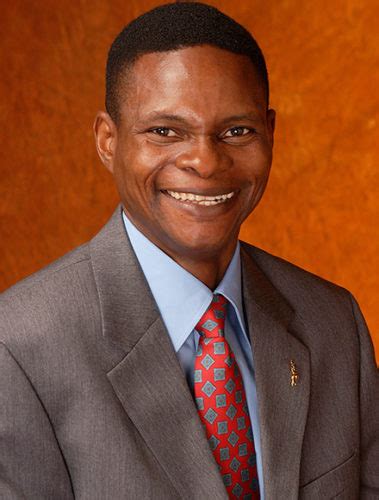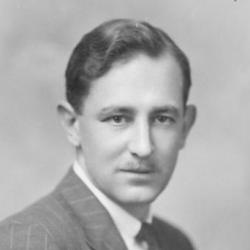A Quote by Jane Goodall
I had a wonderful teacher about animal behavior.
Quote Topics
Related Quotes
That's the point. Every kind of animal thinks its own kind of animal is wonderful. So people getting married think they're wonderful, and that they're going to have a baby-- that's wonderful, when actually they're as ugly as rhinoceroses. Just because we think we're so wonderful doesn't mean we really are. We could be really terrible animals and just never admit it because it would hurt so much.
Words, as is well known, are the great foes of reality. I have been for many years a teacher of languages. It is an occupation which at length becomes fatal to whatever share of imagination, observation, and insight an ordinary person may be heir to. To a teacher of languages there comes a time when the world is but a place of many words and man appears a mere talking animal not much more wonderful than a parrot.
I studied a lot of animal behavior and one of the things I find really interesting is the whole idea that animals are sensory based thinkers and I wrote about this in my book, Animals in Translation. That an animal's memory is not in words, they've got to be in pictures - it's very detailed so let's say the animal gets afraid of something - they'll get afraid of something that they're looking at or hearing, the moment the bad thing happens.
The main difference in the effectiveness of teaching comes from the thoughts the teacher has had during the entire time of his or her existence and brings into the classroom. A teacher concerned with developing humans affects the students quite differently from a teacher who never thinks about such things.



































